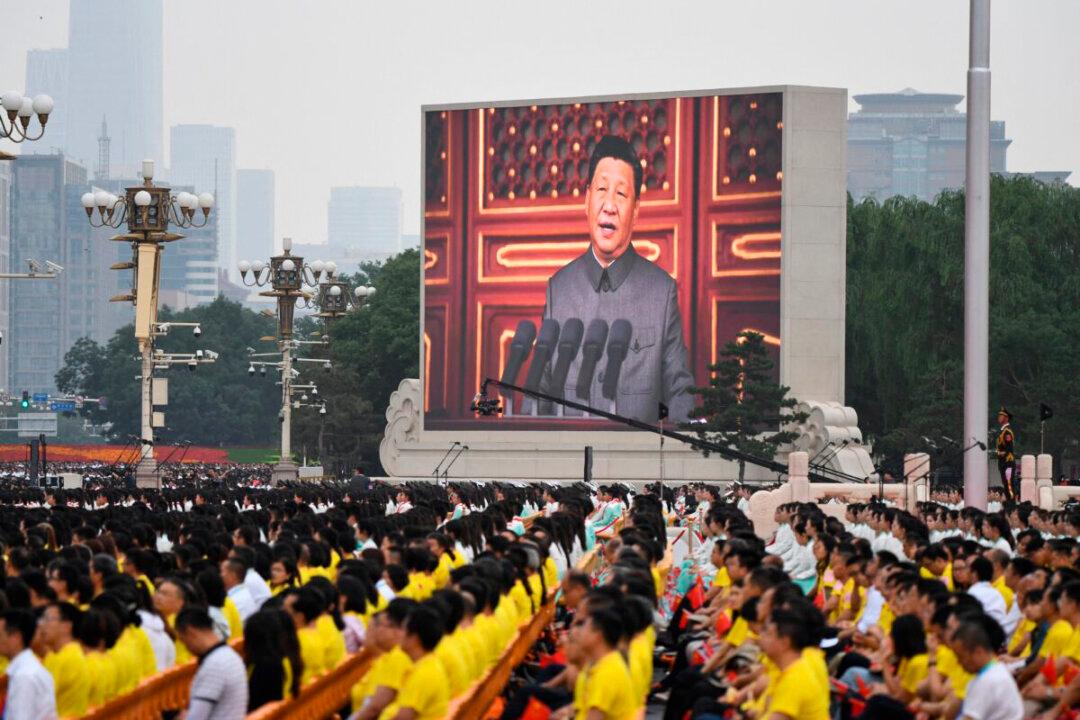News Analysis
The Chinese Communist Party (CCP) will hold its key members’ meeting in November, where the politburo will issue a third “historical resolution” to draw conclusions on historical issues.

The Chinese Communist Party (CCP) will hold its key members’ meeting in November, where the politburo will issue a third “historical resolution” to draw conclusions on historical issues.